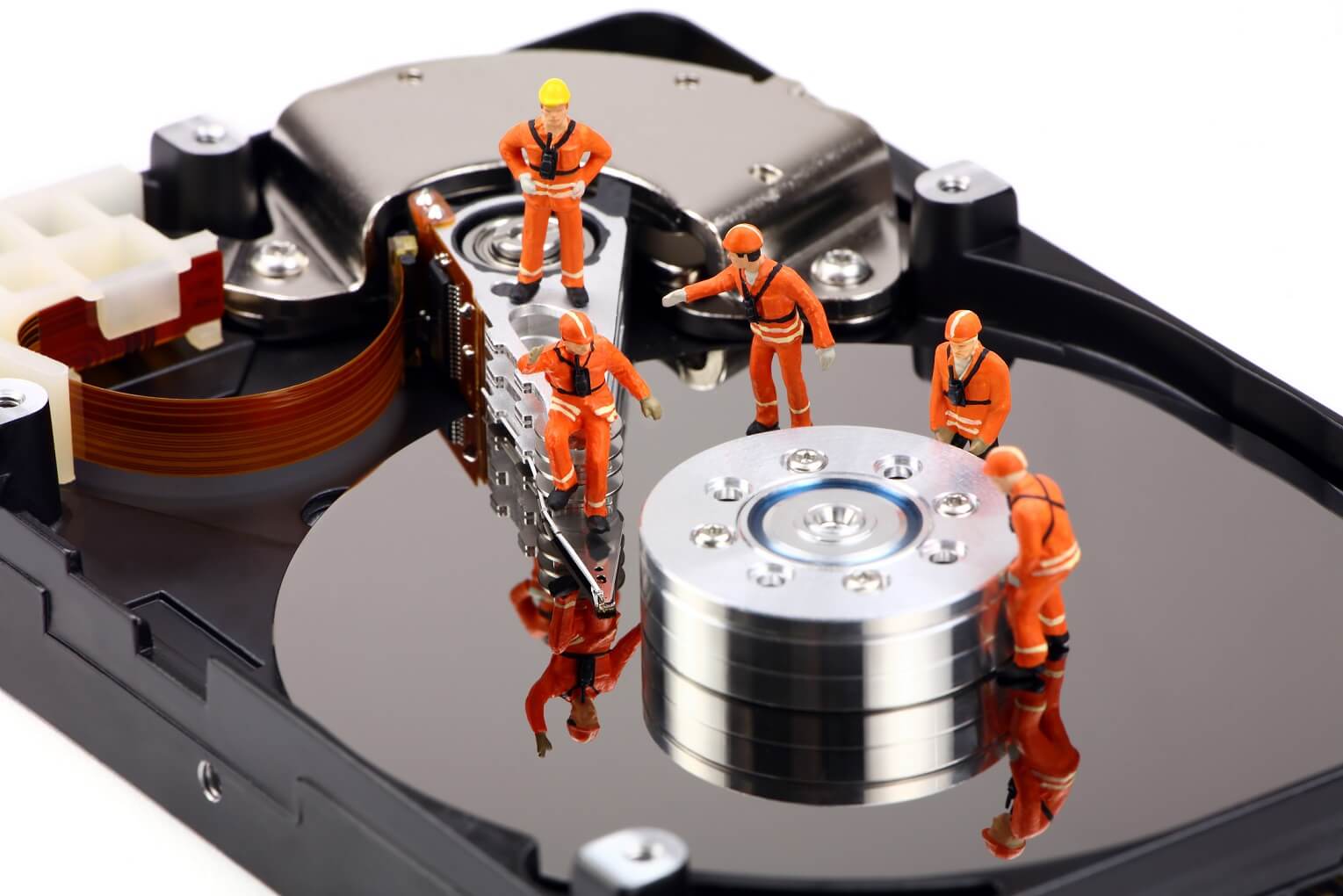
PSIClone™ will format the destination drive with a FAT32 file system so that the files can be used with other PC-based forensic tools. PSIClone creates image files which may be 700 MB, 1 GB or 2GB depending on the user’s preferences. Coupled with the added MD5 hash utility, the PSIClone™ gives the forensic investigator everything they need to complete their mission successfully.ĭrive erasing with user selectable methods.ĭrive imaging creates a file or set of files which represent the entire structure and file system of a source drive. The disk cloning function creates a forensic copy of the source drive. Understanding the importance of data integrity, the engineers have provided a built-in write blocker that protects the data on the source drive. The PSIClone™ is a handheld data recovery lab designed by data recovery engineers for data recovery engineers. Email Alerts (allows the user to input an email address which gets notified when the process starts, stops, errors or at specific time intervals.Automatically detects and uses maximum drive transfer capability.Saves custom configurations in non-volatile memory.Built-in, non-destructive HDD diagnostics tool helps to identify drive issues quickly.User-configurable error handling capabilities offer unique options when working with troubled drives.
#Hard drive image tool Pc
#Hard drive image tool software
The PSIClone™ is the product of 27 years of expertise in the data recovery field by a team of engineers who specialize in including ‘unrecoverable’ data recovery hardware and software solutions. The PSIClone™ Hard Drive Cloning & Imaging Tool is a hand-held data recovery lab that clones, images and erases computer hard drives. All imaging software packages require intimate computer knowledge.PSIClone™ Hand-Held Hard Drive Cloning, Imaging and Erasing Tool All you need can be done from the keyboard alone. When operating from the bootable CD, the interface is graphically crude and there's no mouse functionality but that diverts power to the process so that it is fast and reliable. The Linux version does not have this limitation. The DOS version won't work with a USB keyboard if you use a USB hard disk or USB optical disc in the process. During imaging, it will check byte-for-byte to let you know if something is wrong so you can fix it and that's the feature that has sold me. It doesn't "fake" validation of an image that might be corrupt. You can image the drive while it's not being used for anything else.

It images everything (Windows, Linux, DOS, Data) so don't let the word Linux scare you away. I like the Linux version on a bootable CD that it creates for you. Comes with a Linux and a DOS version also.


 0 kommentar(er)
0 kommentar(er)
